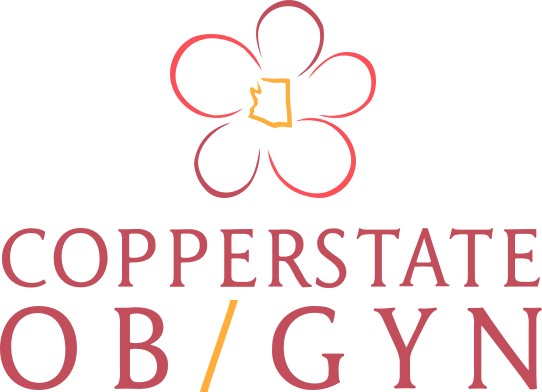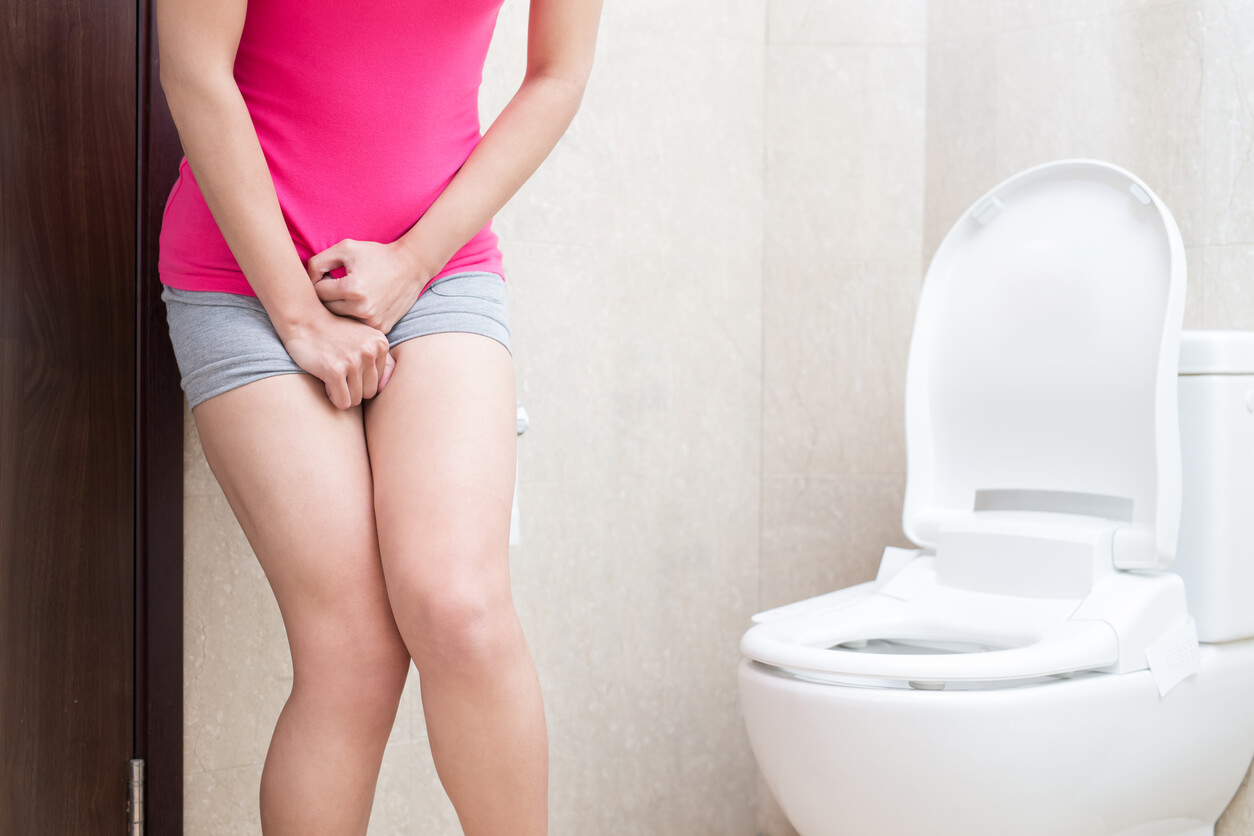Bringing home your precious newborn baby can be a whirlwind, whether it’s your first child or your third, and giving birth is no joke. Women’s bodies really are amazing, aren’t they?
However, even in all the overwhelming newness of caring for a baby, may be noticing some bodily changes. While pregnancy caused your body to grow and stretch in new ways, postpartum is another phase in which you’ll likely experience some changes you may not have been prepared for. While our bodies are amazing, they don’t necessarily bounce right back immediately – it takes some time. One of the changes you might notice is a sudden inability to hold your bladder.
This loss of bladder control is also known as postpartum urinary incontinence. Here’s what you need to know about this very common issue.
What is Postpartum Urinary Incontinence?
Postpartum urinary incontinence, or the momentary loss of bladder control, is what happens when your body involuntarily leaks some urine. This usually happens when, post-childbirth, a woman is sneezing, laughing, coughing, or doing another strenuous activity.
It can be alarming at first, but don’t worry! It’s not usually a severe problem or cause for concern.
Is it common for women after childbirth?
This momentary “leak” that you’ve been experiencing is extremely common in women after pregnancy and after they’ve given birth. In fact, a third of all women experience this particular problem. This is because during pregnancy and delivery, the muscles around the bladder and pelvis have weakened in order to allow the baby room to grow. Plus, as your uterus shrinks in the weeks following delivery, it sits directly on the bladder, compressing it and making it more difficult to “hold it in”.
It can take between three to six months, or even longer for some women, to regain complete bladder control like what you had before pregnancy. However, there are steps you can take to get it back faster.
What can I do to improve my loss of bladder control?
There are many different ways to slowly improve your urinary incontinence in the time after giving birth. Here are a few you can easily do by yourself:
-
- Practice doing Kegels. Kegel exercises strengthen the pelvic floor muscles, which support the uterus, bladder, small intestine and rectum. You can do Kegel exercises, also known as pelvic floor muscle training, any time you want. If you’re not sure how to do a Kegel, here’s a great article from the Mayo Clinic.
- Train your bladder. If possible, urinate every 30 minutes and then try to extend the time between when you need to go each day.
- Start losing some of the excess pregnancy weight you gained (in a safe, sensible manner). Sometimes extra weight can put more pressure on your bladder, causing you to leak more.
- Keep up with drinking your water. This might sound counterproductive, but not drinking water in order to avoid leakage can have real negative effects on your body. Dehydration can make you more prone to urinary tract infections, as well as constipation. And constipation can put more pressure on your bladder.
- Wear pads. While you’re working on your Kegels and bladder control, wear a sanitary pad postpartum (no tampons!) The pad will help to keep you and your clothes dry in case of any accidents.
- Seek help. If you’re past the time of “normal” postpartum healing and you still find yourself suffering from urinary incontinence, talk to your doctor. They’ll be able to help guide you through the next phase of treatment, should they find it to be necessary.
Just remember, this can be a normal change to your body after giving birth.
Your body goes through a lot during pregnancy and childbirth! It’s only natural that you might experience a few changes on your road towards healing. There’s no need to feel embarrassed or ashamed. Make sure to talk to your doctor about your urinary incontinence and seek help or treatment if necessary.
Have you *finally* gotten your BFP? Are you looking for an OB/Gyn? Let us join you on your beautiful pregnancy journey. Book an appointment today!
Resources:
https://www.mayoclinic.org/healthy-lifestyle/womens-health/in-depth/kegel-exercises/art-20045283

